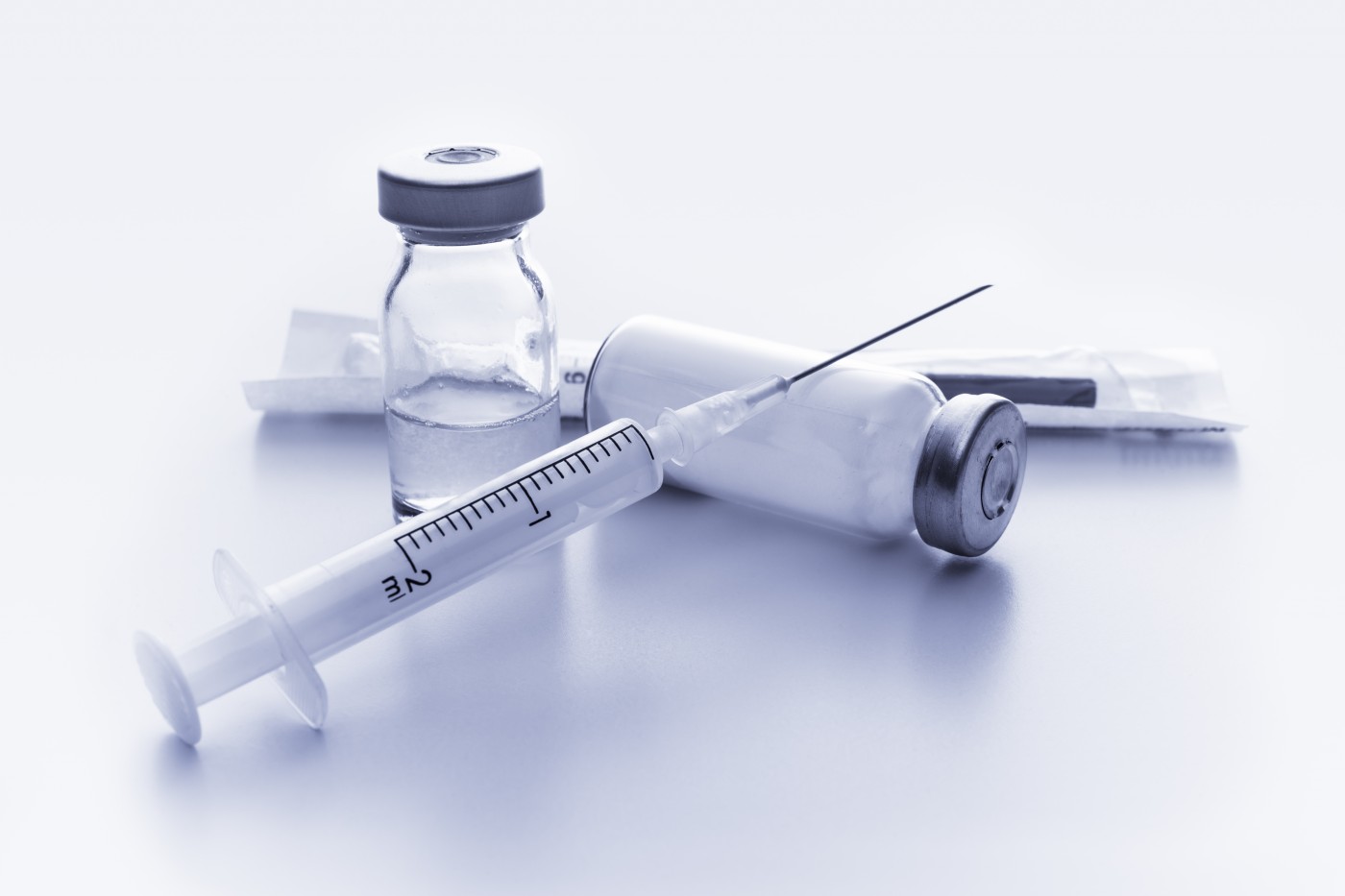Review Suggests PEG-IFN Therapy for Relapsing-Remitting Multiple Sclerosis Significantly Reduces Relapse Rates
Written by |

A study recently published in the journal PLoS One compared the use of a specific treatment based on interferon beta-1a with other approved injectable therapies in patients with relapsing-remitting multiple sclerosis (RRMS). The study is entitled “A Network Meta-Analysis of Efficacy and Evaluation of Safety of Subcutaneous Pegylated Interferon Beta-1a versus Other Injectable Therapies for the Treatment of Relapsing-Remitting Multiple Sclerosis” and was conducted by an international research team led by researchers at Tolley Health Economics Ltd. in the United Kingdom and Biogen Idec Inc. in the United States.
MS is a chronic, progressive neurodegenerative autoimmune disorder that results from an attack on the central nervous system (brain, spinal cord and optical nerves) by the body’s own immune system, causing inflammation and damage to the myelin layer that covers and protects neurons. Myelin loss leads to impairment in signal transmission along the nerve fibers, affecting motor function (coordination, balance, speech and vision), causing irreversible neurological disability and paralysis. It is estimated that more than 2.3 million people in the world suffer from the disease, and 400,000 in the US alone.
The most frequent form of the disease is the RRMS, which is clinically characterized by recurring episodes of neurological symptoms. Currently, interferon-beta (IFN-beta) immunomodulatory drugs are the most widely prescribed therapy for the relapsing-remitting form of the disease. It is thought that IFN-beta drugs affect the course of the disease through involvement of the immune system and by preventing inflammation and demyelination. IFN beta-1a treatment has been shown to reduce the relapse frequency and the risk of confirmed disability progression (CDP).
The pivotal randomized, double-blind, 2-year study Phase 3 ADVANCE trial assessed the efficacy of subcutaneous pegylated IFN-beta-1a (peginterferon beta-1a [PEG-IFN]) treatment at a dose of 125 μg, every two or four weeks in RRMS patients. A network meta-analysis (NMA) was performed in order to evaluate PEG-IFN’s relative efficacy, safety and tolerability in comparison to other injectable RRMS therapies. Systematic searches on Embase, MEDLINE and the Cochrane Library were conducted, as well as hand-searched conference proceedings from pertinent annual symposia. The studies included in the analysis were based on randomized controlled trials assessing one or more first-line therapies in patients with RRMS.
Researchers found that PEG-IFN therapy every 2 weeks was able to significantly reduce the relapse rate, as well as 3 and 6 months CDP in comparison to the placebo drug after one year of treatment. When compared to other injectable drugs, PEG-IFN was found to have a similar efficacy with no statistically significant differences. The safety profile of PEG-IFN at 125 μg every 2 weeks was found to be comparable to other injectable treatments.
The team concluded that PEG-IFN therapy has an overall safe profile and a similar efficacy to other RRMS treatments, as assessed by annualized relapse rate and 3- and 6-months CDP. PEG-IFN every 2 weeks allows a reduction of up to 93% in the number of injections needed, a fact that may strongly improve patient adherence and compliance with this particular treatment, ultimately improving the patient’s clinical outcome and overall quality of life. The team suggests that PEG-IFN therapy 125 μg every 2 weeks regimen represents a valuable treatment option for patients with RRMS.
While the results of this review are potentially helpful for those diagnosed with RRMS, multiple sclerosis patients with the progressive forms of the disease are still in need of effective, approved therapies. Currently in the US, interferon-based therapies for RRM are frequently re-appropriated for PPMS and SPMS, albeit with only modest effectiveness. It remains to be seen if this current finding will have any impact on treating progressive MS, underscoring the continued need for further primary and secondary progressive-focused studies.


